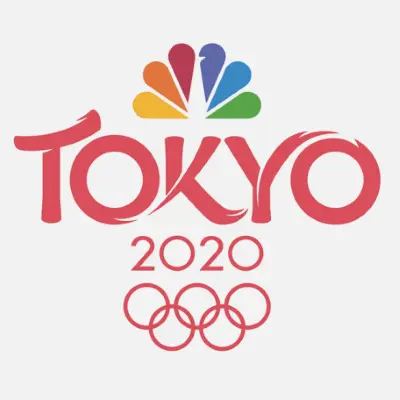When placed in the proper context, NBC's Olympics coverage and dismal ratings aren't that terrible
-

The complaints about NBC's Olympics coverage and Peacock being a confusing mess are warranted, says Josef Adalian. But Olympics viewers have never had it so good in terms of live options for watching the Summer Olympics. And while the ratings are indeed abysmal compared to five years ago, so are a lot of big events, including the Oscars. "Some of the complaining about figuring out 'how' to watch the Olympics on the NBC platforms is a classic case of 'be careful what you wish for,'" says Adalian. "After all, for years the rap on NBC’s coverage was that the network offered almost nothing but prepackaged, and often pretaped, extended highlights shows. Audiences would have to wait until prime time to see events which finished up hours earlier; sports fans who wanted deep coverage of less high-profile events were often out of luck. The fact that NBC now pretty much lets anyone with a cable login watch every event live, in real time, is a massive improvement over the status quo of a decade or two ago. And it’s certainly a lot better than it was back in the 20th century, when NBC — and previous Olympics hosts CBS and ABC — treated the Olympics as a prime-time soap opera, serving up only the story lines it felt would appeal to a broad audience (thank you, Roone Arledge). NBC still does this with its main coverage, of course, but audiences now have more choice than ever before." Adalian also questions whether we should consider the disappointing ratings so far a surprise. "Acknowledging that these numbers are awful doesn’t mean you also need to buy into the notion that they represent some shocking disaster or repudiation of NBCU’s coverage," says Adalian. "Fact is, anyone who pays attention to the linear TV ecosystem cannot at all be surprised at the ratings for Tokyo. Almost everything on traditional TV is pulling in numbers sharply lower than five years ago, with many programs and networks off by 30, 40, even 50 percent. And the pandemic has only accelerated the shift from linear to streaming, as locked-down or crowd-wary audiences have gotten more used to summoning programs on demand versus watching as scheduled. Consider what’s happened to Thursday night network TV, for decades home to some of the medium’s most popular shows. On one night back in May 2016, new episodes of CBS’s The Big Bang Theory and ABC’s Grey’s Anatomy notched a 3.4 and 2.1 rating, respectively, in Nielsen’s all-important adults under 50 rating. Fast-forward five years to the same night in 2021, and the Nielsen wreckage is impossible to ignore: Big Bang replacement (and spinoff) Young Sheldon managed a mere 0.6 demo rating, while 16-year-old Grey’s was down to a 0.9. So yes, the ratings declines for Tokyo are terrible. If things don’t turn around, ratings-wise, in the second half of the Games, I don’t think it would be melodramatic to describe these declines as NBCU’s nightmare scenario. But when the Oscars barely crack 10 million viewers and ratings for nearly every sport other than football continue to decline, well … it’s hard to be shocked anymore by Nielsen’s verdict. We simply live in a completely different TV universe than the one that existed during the last Summer Olympics. A fair assessment of the numbers also has to take into account the slew of external factors completely out of NBCU’s control that have made it difficult to come out of the gate with any ratings momentum, including the lack of spectators because of COVID; the 13-hour time difference between Tokyo and New York; and the early disappointing performances of the U.S. men’s basketball and women’s soccer teams. What’s more, as bad as these early numbers have been compared to Rio and London, NBC’s prime-time TV coverage is still walloping everything else on linear right now. Its coverage is pulling in anywhere from two to four times more than the other major broadcasters combined." ALSO: The problem with the Tokyo Olympics is that they are everywhere, but they are harder than ever to find.
TOPICS: Summer Olympics, NBC, Peacock, NBC Sports
